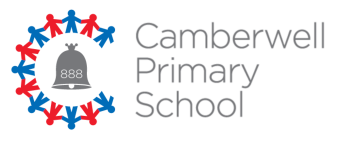Positive Psychology
Introduction
In 2012, staff, students and parents at Camberwell Primary School began the Positive Psychology journey in order to improve wellbeing across the school. As part of the staff induction process, a number of professional development workshops in Positive Psychology were conducted throughout 2012 by Lea Waters, Associate Professor, Graduate School of Education and University of Melbourne. These workshops served the dual purpose of educating staff in the concepts and science of Positive Psychology, and providing school leaders and teachers with strategies to develop a whole school approach to incorporating Positive Psychology into the curriculum at Camberwell Primary School.
Positive Psychology is a relatively new branch of psychology that conducts scientific inquiry into the factors that help individuals, communities and organisations thrive by building on their strengths and virtues (Peterson, 2008). Positive Psychology focuses on what’s right with people and how this can be cultivated.
Positive Psychology, as articulated by Martin E.P. Seligman, Ph.D., in 1998, is the study of:
- Positive subjective experience (positive emotions)
- Positive individual traits (positive character)
- Institutions that enable positive experiences and positive traits
- Positive social relationships
Positive Psychology is mostly applied in these domains of life:
- Self (Personal & Internal)
- Home and Family
- Work & School
- Social Relationships & Community
Positive Education
Positive education is defined as education for both traditional skills and for happiness. The high prevalence worldwide of depression among young people, the small rise in life satisfaction, and the synergy between learning and positive emotion all argue that the skills for happiness should be taught in school. There is substantial evidence from well controlled studies that skills that increase resilience, positive emotion, engagement and meaning can be taught to school children.”
Listen to Lea Waters speaking on the ABC program on “Happiness and kids”.
